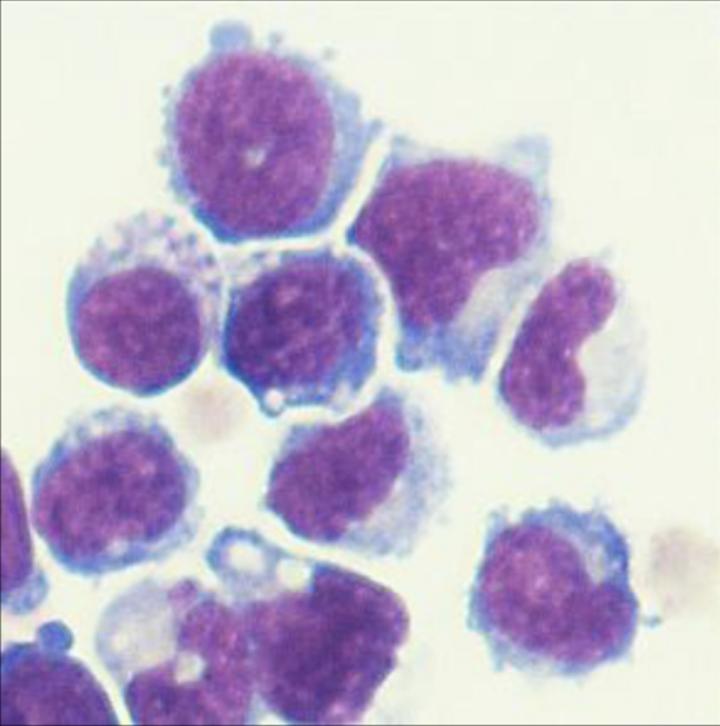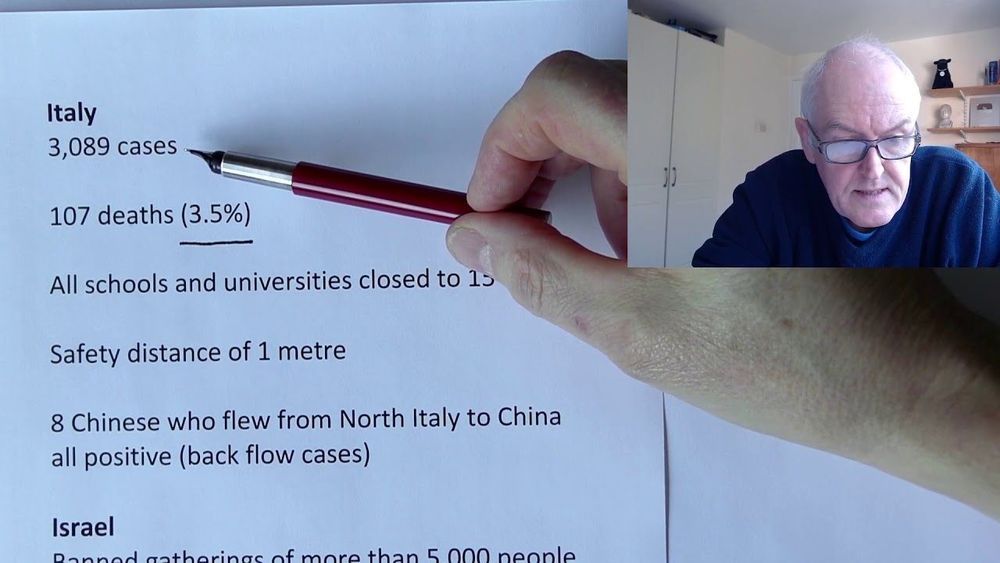
It’s 5pm in the Farrant household and Jack, six, and Thomas, four, are currently manifesting their desires in the form of Lego. To an outsider this looks like two small children playing with toys, but their mother Catherine proudly points out that Jack has built a yacht – something he is helping his family to acquire via visualisation exercises.
‘Dinner’s ready,’ calls out the nanny. In line with the family’s Paleo diet – of anti-inflammatory, natural foods – they have octopus cooked with lemongrass, and fish-bone broth. ‘Yes, my favourite,’ cries Jack happily, while his mum explains exactly what the broth is: ‘It’s an age-old elixir that’s made from boiling wild bones. It’s very high in iodine, which most of us are deficient in.’
After dinner, the children can continue to express their creativity, or watch some television – though if they’re going to do the latter after 6pm they need to put on their ‘blue-light blockers’, glasses with amber lenses to block the blue light of technology from affecting their sleep. ‘We also do red-light therapy,’ explains Catherine, pointing to a red dinosaur lamp in the boys’ bedroom. ‘It’s to help the body’s natural rhythms of sunset with exposure to red colours at night, and blue and white light in the morning.’


















